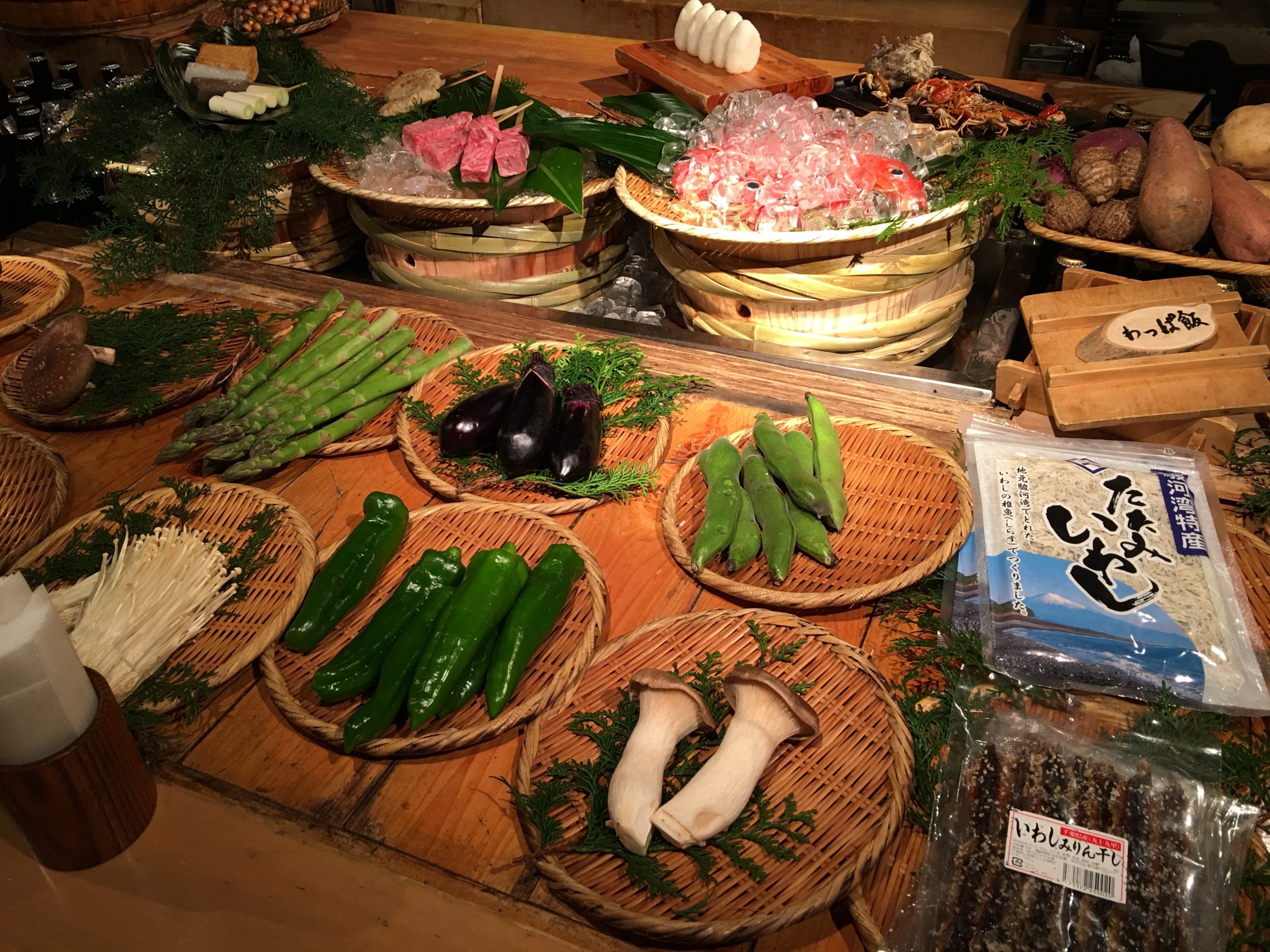I recently found out that there is a mutant gene floating around on my mother’s side of the family that is presenting itself in scary ways left and right with my siblings. Apparently there is a 50 percent chance that I carry it too. My plan is to do the genetic test for peace of mind and knowledge for my children. But the bottom line is that although knowledge is power, the true power is in living with low-stress both in real circumstances and in overall attitude. I think you will agree.
So if I want to live to be 100 and thrive every single day, it is worth looking into the habits of some of the world’s longest-lived people: the Okinawans of Japan. Fortunately, I got a taste of the Japanese way during a visit there this last spring. But my studies of the Okinawan people specifically unearthed these facts. The diet is low-calorie and nutrient dense and, combined with a “don’t worry, be happy” attitude, seems to stave off disease. Although they eat 20 to 30 percent less than Americans, there is a genuine cause for celebration at meals where presentation and companionship are very important. On average, they consume six vegetables, one fruit and six or more servings of whole grains a day. Meat is not a centerpiece of a meal while Omega-3-rich fish is a staple protein. There is a high intake of “flavs” – flavonols, flavones, isoflavones, bioflavonoids – powerful compounds which help prevent cancer by blocking hormones that can cause abnormal cell growth.
Here are Eight Okinawan Essentials:
Bitter Melon (a cousin of cucumber)
Carrots
Hechima (like zuchini and eggplant)
Healing Herbs (think turmeric, chili, fennel seeds)
Seaweed
Sweet Potatoes
Whole Grains
Soy
Even more significant than what these Japanese eat is how much and how. Little portions, “kuten-gwa”, and a cultural custom of pushing away from the table before the plate is empty, “hachi-bu”, come to mind. But there is not a sense of deprivation at all and there is a strong belief that Okinawans’ easygoing manner, referred to as “taygay”, plays a role in their daily behaviors and long lifespan. Type A traits (long linked to heart disease) are looked down on and taygay, along with a spirit of generosity, is promoted as people share and help each other. Many studies show that strong social ties are linked to low rates of just about everything bad, like heart disease, cancer, or stroke. So longevity, it seems, is not just about eating mass quantities of sweet potatoes; it is about taking time to be sweet too.
I feel bolstered up learning the ways of the Okinawan Islanders, both in their attitude toward life and the habits they choose to nurture on top of the genetics they have been doled. Lifestyle factors like diet and exercise can either turn genes on or off, it appears, and truly be life-extending and enhancing. Great news, I say.









Makes sense to me…and definitely changes worth incorporating into my behavior (and affair) with food.
My stepson has been stationed on Okinawa for the last 3 years. He raves about it…especially the food!
Thank you for great advice. 🙂
Enjoyed this a lot. My diet continues to be a challenge for me, even though I know what to do!
We have a lot to learn from other cultures. Thanks for these tips!